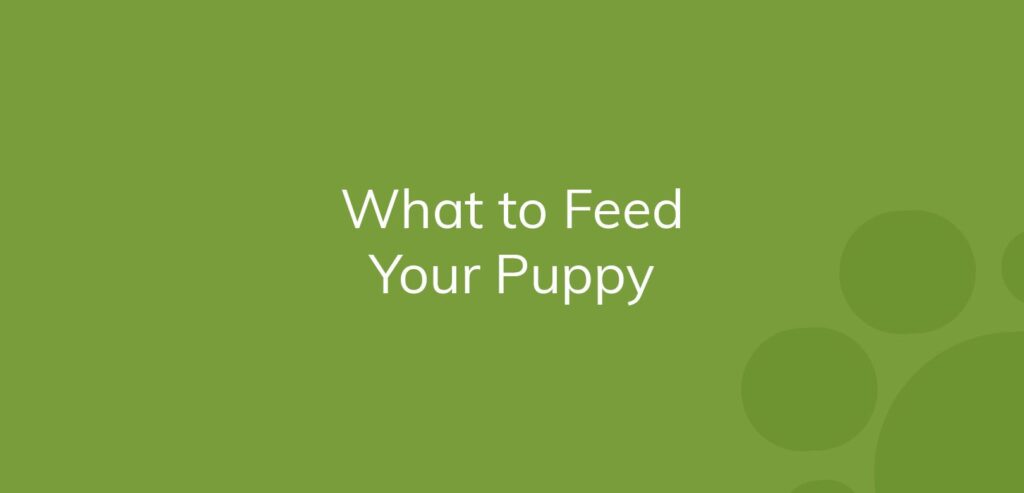Back at the start we recommended you get the details for what your puppy has been fed on already.
To keep rehoming stress to a minimum, it’s generally a good idea to keep to their recent diet and gradually transition onto their new diet. Unless the diet is really poor such as milk only or a classic pet mince
Transitioning them onto a new diet, take your time. Here’s a schedule to work to
| Day | % Old diet | % New Diet |
| 1 | 100 | |
| 2 | 75 | 25 |
| 3 | 50 | 50 |
| 4 | 25 | 75 |
| 5 | 100 |
We get asked all the time about milk.
The facts are that after 3-4 weeks of age a puppy does not get enough energy out of milk to maintain it’s growth. Your puppy does not need milk after this.
Many pups have lactose intolerance so cows milk will cause an upset stomach. Unless you want the added expense of buying lactose free milk to make us humans feel good, we can tell you your puppy won’t care and will thrive on water. It’s free out of the tap!
Better to spend what you save on milk on a premium quality puppy food.

How often do I feed my puppy?
Our puppies have not a fully developed stomach size yet and so need to be fed frequently to get enough food. As a general rule feeding your newly acquired puppy 4 times a day is a good start. As they age, the frequency will be reduced. Puppy school can give you more education on this.
What to feed?
This is a contentious discussion but, we are going to tackle it head on by looking at the science rather than the marketing for the diet.
A pretty package does not translate into the best for your pet. Stay clear of anecdotes and rely on the facts to feed your pet correctly. Just because someone has been breeding dogs for decades does not mean the diet they feed them is correct.
An example: Everyone has probably heard about onions being poisonous to dogs but there are plenty of people that feed the related garlic to their pets in a mistaken health belief.
Guess what …. Garlic is poisonous to dogs as well!
Feeding your puppy correctly has huge benefits including:
- Developing the immune system
- Proven better brain development, translating into smarter dogs. Next time you watch a baby formula advert on TV, pay attention to what they say about infant brain development
- Healthy bone and muscle development.
- A pup that is growing to their potential
In a nutshell good nutrition equates to a longer healthier life.
Home cooked diet myth
No doubt, lots of love sometimes goes into a home cooked diet but that’s about it. These diets are deficient and poorly balanced. Often these are bulked out with poor quality ingredients and don’t deliver what a growing puppy needs. This translates into a puppy that has the potential for bone growth related diseases and a potential lifelong health concern.
Excesses can be just as dangerous.
We often get asked “I feed puppy a bit of this, a bit of that and I add some of this in as well. How much do you think I should feed them?”.
The answer…. No one knows.
Too much energy and your puppy may be growing at a rate that their immature skeleton cannot support and contribute to growth problems and skeletal issues. There’s evidence to suggest this can contribute to obesity issues later in life and the health ramifications

I want you to ponder this.
You have spent a lot of time, money and effort getting your new puppy. The single biggest determinant for a long and happy life is what you feed your dog.
We strongly recommend you feed them on a quality, premium puppy food which will deliver correct nutrition with the minimum of fuss.





